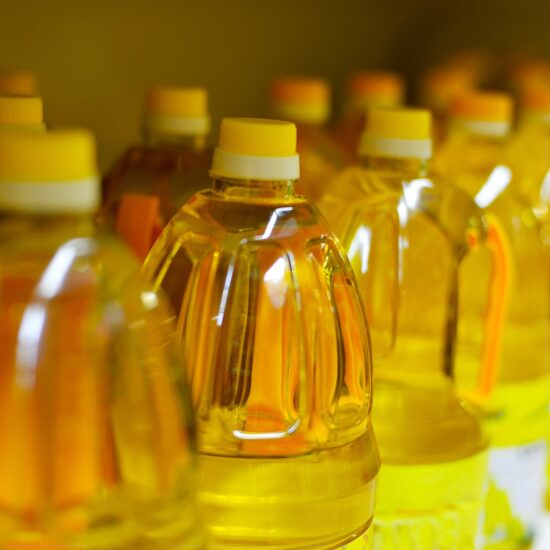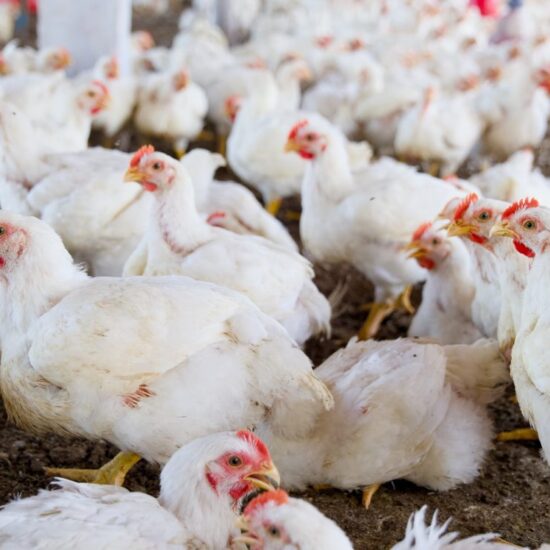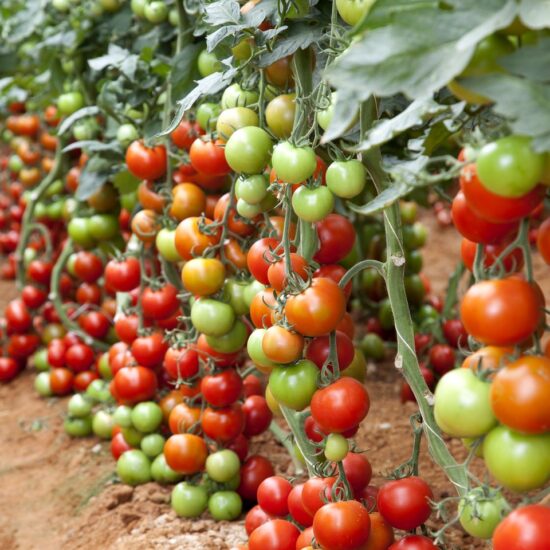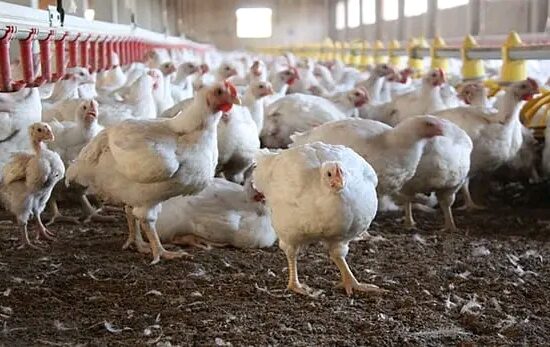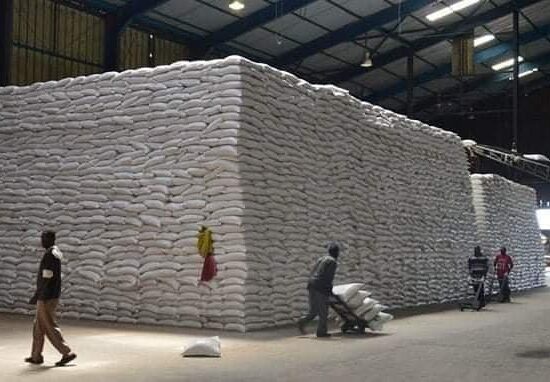
Minister of Finance Dr. Situmbeko Musokotwane has suspended duty on Maize imports into Zambia from 31 May 2024 to next year 30 June 2025. This follows a confirmation of the crop harvest forecast survey that revealed that Zambia’s annual maize production has dropped from about 3.3 million tons in 2023 to about 1.5 million tons in the 2024 harvest.
According to statutory instrument number 30 of 2024 seen by the Zambian Business Times – ZBT, Zambia will need to import maize to cover the deficit recorded due to drought. However, the government has been condemned by some sections of society for its loop-sided policy where it had embarked on exporting strategic reserves even before they had confirmed the success of the new crop for replenishment.
Calls to hold responsible Agriculture Minister Mtolo Phiri and his possible sacking have not yet been heeded, but his permanent secretary Green Mboozi has since been relieved of his duties.
However, Mboozi had told ZBT in an exclusive interview that his sacking was unexpected with other sources at the Ministry of Agriculture stating that he was merely following instructions from his superiors and was used as a sacrificial lamb.
Maize or Corn remains Zambia’s staple food and is considered a political crop due to its widespread consumption across the country.
The price of mealie meal (ground maize) used as a carbohydrate component of the main meals for most households has also steeply increased, raising concerns about family sustainability.
A check by ZBT with the farmer’s union – ZNFU confirmed that winter maize is not economically viable and all efforts have since been channeled to early maize, mostly grown by commercial farmers for export, but now being channeled to the Food Reserve Agency – FRA to boost the low stock levels.
Zambia requires an excess of 3.4 million tons of maize per annum to cover both human and livestock feed production needs. Soya, the other important crop for livestock feed production has also recorded a slump in production.

See insights and ads
All reactions:
1414



